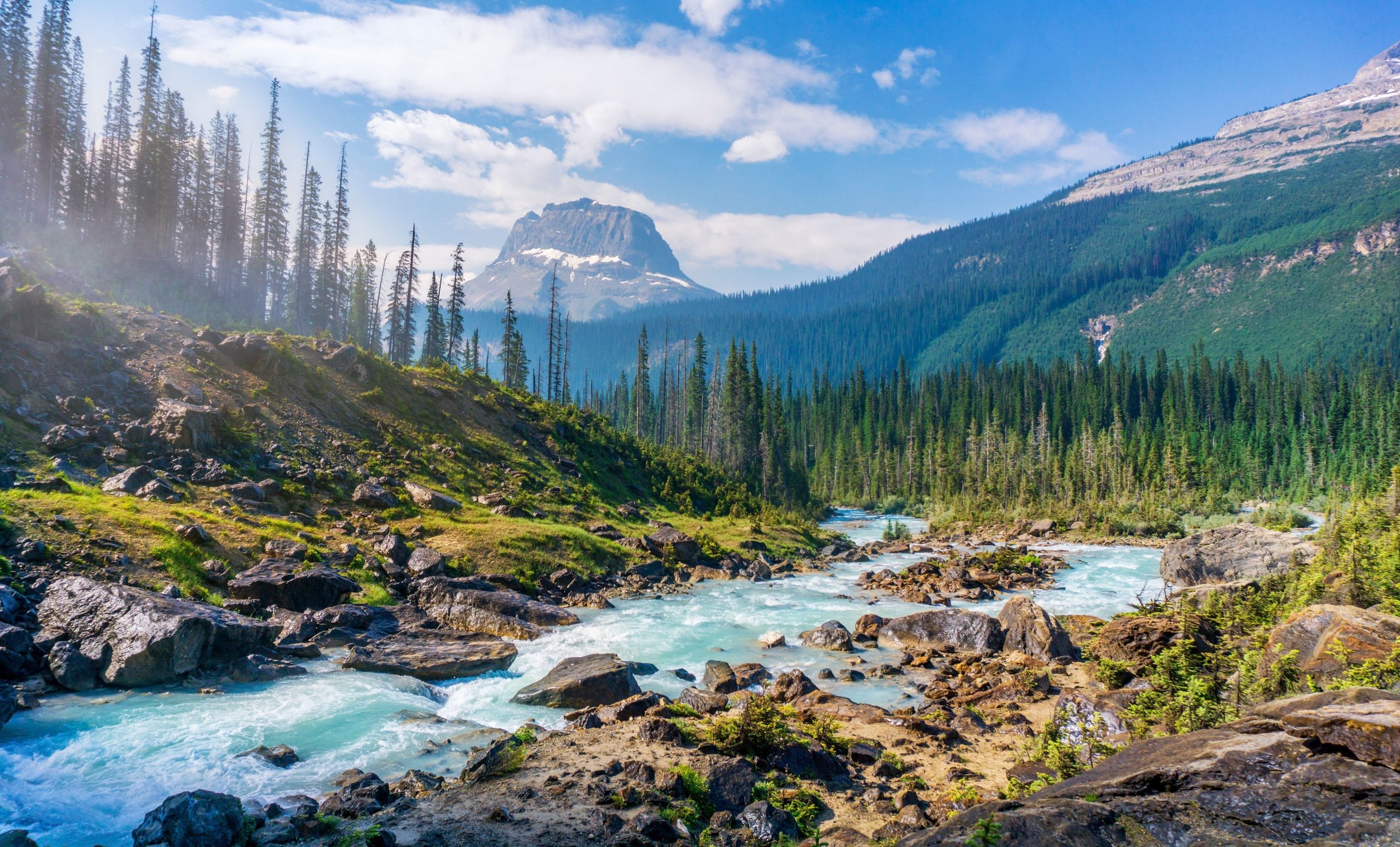
The shift in seasons are creating ecosystems imbalance we currently experience across the world as the earth’s surface temperature continues to rise as a result of human-induced climate change related activities.
This profound transformation taking place is altering the planet’s biodiversity and ecological balance reminding us of the far-reaching consequences of climate change, leaving no corner of the globe untouched.
The once-predictable patterns of nature are now in disarray as rain arrives earlier, summers linger longer, and autumns fade into winters. The traditional cycles of growth, migration, and hibernation are being rewritten, leaving plants and animals struggling to adapt not leaving out the extinction of some of the world’s most important wildlife species on land and below water.
The ecosystems are a delicate web of relationships between species and the environment. Polar bears, once kings of the Arctic, now find themselves stranded on melting ice caps. Coral reefs, vibrant metropolises of marine life, bleach and wither under the stress of warming waters and ocean acidification, reducing one of the world’s largest resources and ‘common heritage of humankind” losing its beautify and potential.
The consequences of this disruption are far-reaching and devastating:
– Migratory patterns are disrupted, leaving species lost and vulnerable
– Food chains are broken, threatening the survival of entire populations
– Extreme weather events intensify, ravaging ecosystems and human communities alike
Yet, amidst the various unprecedented challenges, there is hope. As we confront the reality of climate change, we are called to action to reducing our carbon footprint, preserving natural habitats, and supporting climate-resilient ecosystems to mitigate the damage to build a more sustainable future.
The shift in seasons and ecosystems is a great call to conserve nature in the most innovative way.
You can start by
· Utilising Technology for Conservation
· Creating spaces for Community Engagement and Education
· Rewilding and Habitat Restoration
· Integrating Green Infrastructure and Urban Planning
· Implementing Payment for Ecosystem Services (PES)
· Promoting Sustainable Agriculture and Land Use
· Engaging in Citizen Science and Crowdsourcing
· Advocating for Policy and Legislation
· Encouraging Corporate Responsibility
· Fostering International Collaboration
What to know more about PES for nature? Read more here:
